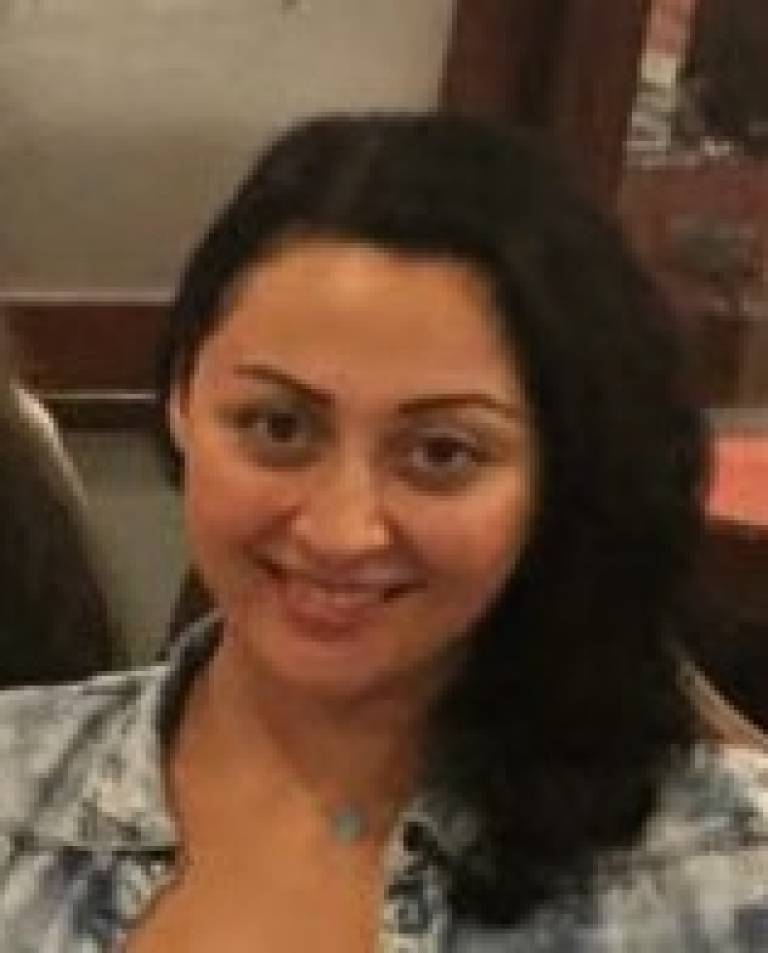Introducing... Dr Canan Urhan
18 December 2023
Dr Canan Urhan is an IAS Visiting Research Fellow in 2023-24.

Dr Canan Urhan is a Research Fellow and Principle Investigator of the TUBITAK-PRIMA funded project MEDACORNET at Istanbul Technical University. Her research interests include the relationship between self-help, the therapy industry and subjectivity, wellness culture, pseudoscience, discourse, power and psy expertise, precarity and mental health, knowledge workers, ethnography and text mining.
She received her PhD in Organisation Studies at Istanbul Bilgi University. Her dissertation and subsequent research focused on how young urban women consume yoga, spirituality and alternative lifestyle and health practices to construct their professional identities. She used participant research, in-depth interviews and semiotic network analysis to discover the recurrent themes that emerge from and shape discursive practices in Istanbul, Turkey. She spent a year as a TUBITAK-funded Visiting Fellow at the Political Economy Research Centre at Goldsmiths, University of London, exploring the personal development discourse in the context of loss of trust in the authority of science among a wide range of communities, including mindfulness, yoga, astrology, tarot, psychology book clubs, esoteric circles, mental health entrepreneurs, conspirituality and the cultic milieu in London. She was a participant observer in relevant events as well as conducting in-depth interviews with diverse people from each community in which she participated, investigating respondents’ attitudes towards science, politics, work and life. She is currently working on a book manuscript discussing her research findings aiming a comparative perspective of self-help in Turkey and the UK.
Project Description
During her visit at the Institute of Advanced Studies, she will be investigating contemporary therapy and wellness discourse in Turkey and analysing how it acts upon producing subjectivities. In this regard, she will portray eight case studies to demonstrate the role played by moral entrepreneurs. Critical discourse analysis will be employed to analyse exemplary texts, including written material, video recordings and speech produced by the opinion leaders of each case study. This research will be part of a broader project to be continued. The broader project will explore psy (psychology, psychiatry, psychotherapy, etc.) expertise, institutions and identity construction in different phases of modern Turkey and will aim to contribute to critical history of psy disciplines in Turkey.
 Close
Close

